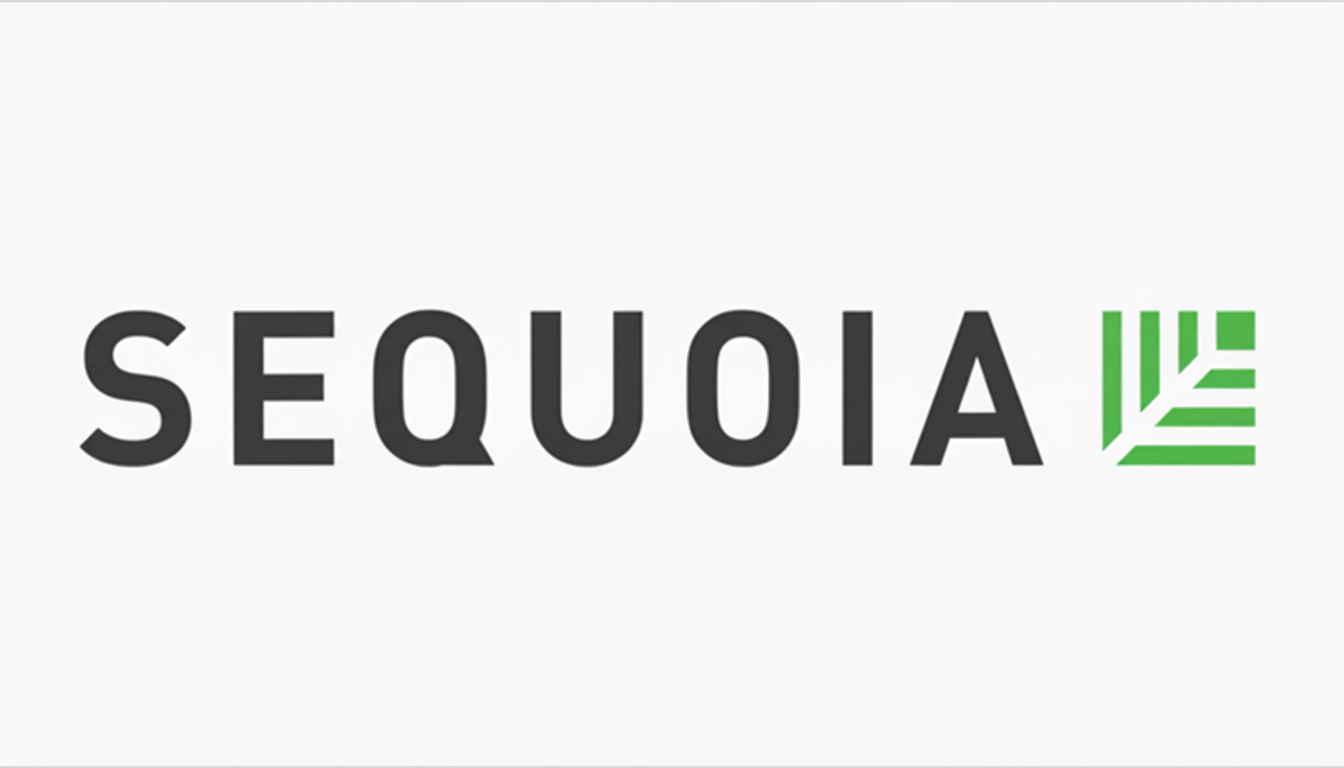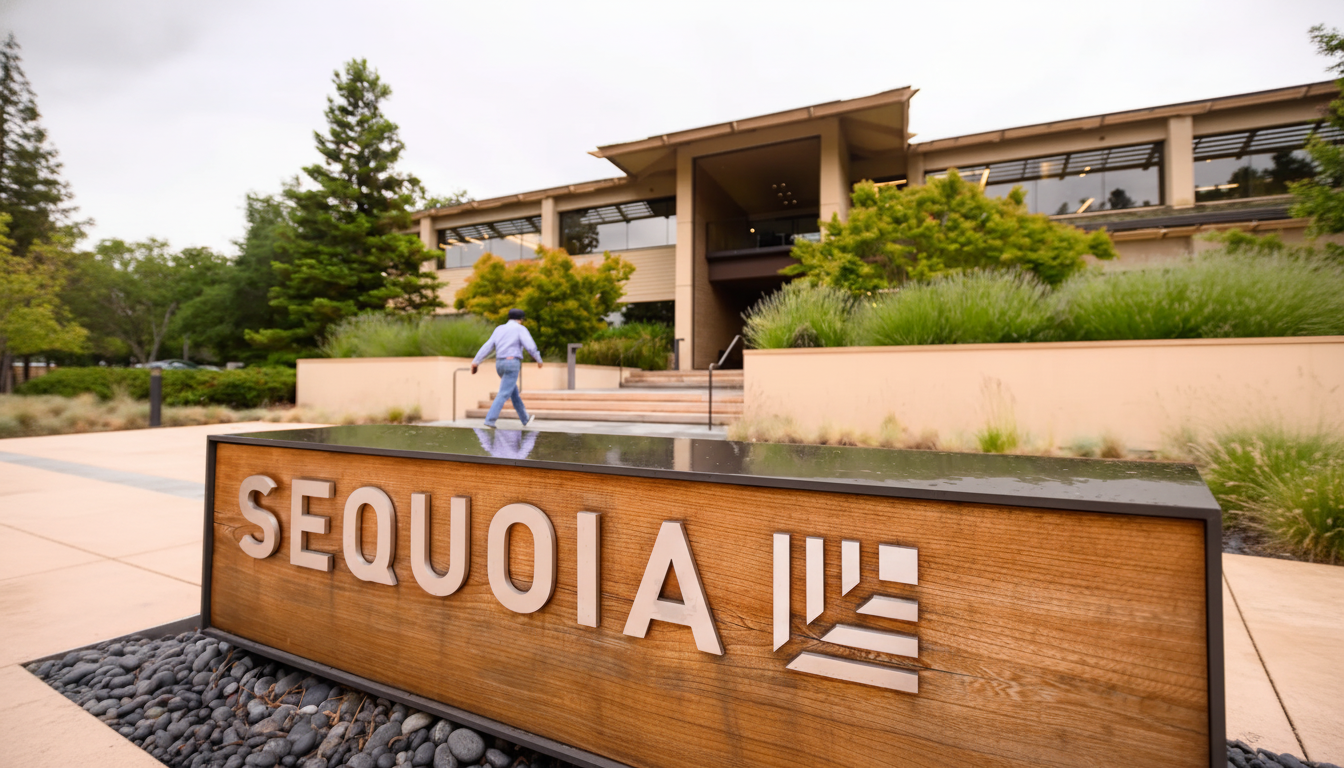Sequoia Capital has introduced $950 million in new early-stage funding, betting again that the firm is “only as good as our next investment.” New war chest features a $750M fund focused on Series A rounds, and a $200M seed vehicle reiterating the approach of backing outlier founders before valuation takes off.
Why early-stage investing is a focus for Sequoia now
Prominent VC Sequoia continues to lean into the very earliest stages where ownership can still be material and price discipline possible — despite all this talk of an AI bubble. That calculus reflects broader market dynamics: While late-stage dealmaking has been a start-and-stop affair, seed and Series A have continued to lure outsized interest as investors shop for lower entry points along with long-term upside.

Industry data supports the tilt. PitchBook has also observed that early-stage valuations have risen steeply in the last two years — but they still offer more efficient risk-reward than frothier growth rounds. Meanwhile, CB Insights found that generative AI startups pulled in over $25B in funding last year, which is why early access to category leaders continues to be a key priority for the top funds.
Inside the new early-stage funds Sequoia just raised
The $750 million vehicle will focus on Series A-stage companies, in which Sequoia has a tradition of taking cornerstone positions in businesses such as Airbnb, Google, Nvidia and Stripe.
The seed fund, which is $200 million, will write first checks into teams with product ambition but that have limited traction, including what the firm refers to as “pre-seed” opportunities that could be concepts on a whiteboard or in a research lab.
Sequoia partners write about sleeves-rolled engagement as a rights offering to founders: hands-on recruiting, go-to-market support and engineered customer introductions. Recent investments for the firm have seen it make a “first-check” toward security testing startup Xbow, an AI reliability platform, Traversal, and Reflection AI, which it describes as an alternative to DeepSeek. Sequoia boasts that it helped a former Databricks CRO join the board at Xbow, coordinated more than 30 intros for Traversal and orchestrated a meeting between Reflection AI and Nvidia’s Jensen Huang on the path to a $500 million strategic investment.
The firm also touts a crop of early bets it made that have seen growth thanks to the AI boom, including Clay, Harvey, n8n, Sierra and Temporal — examples of how getting in early can amplify returns when platform shifts accelerate adoption.

Context from recent turbulence and Sequoia’s resets
The raise comes after reinvention and some hard lessons. In a seismic shift, Sequoia transitioned to an evergreen flagship from one backed only by renewable strategy-specific subfunds, ostensibly so it could hold public company stock long past their IPOs — and thus claim more of the value that it seeks to help create. The firm also took a major loss connected to FTX, proof that speed cuts both ways, and then split its operations in India and China into Peak XV Partners and HongShan, respectively, to hone regional focus and governance.
For a franchise that helped define the venture playbooks of Silicon Valley, returning to funding early-stage deals is both a defensive ploy and an aggressive one. Early bets can tether double-digit ownership, a baseline that many top-tier firms target while limiting exposure to overheated late-stage rounds where pricing is thin on margin for error.
AI ambitions with guardrails in a heated funding market
Sequoia’s partners say the mandate remains unchanged: find outliers, not momentum trades. That counts as AI rounds squeeze diligence cycles and valuations up. The firm’s focus is technical depth, customer signal, and long-term defensibility — areas where access and operating help can stand out amid the flood of capital.
Not every model company will sustain premium multiples, market watchers caution. PitchBook and NVCA analyses have identified increasing dispersion, a small cohort of AI leaders capturing more and more share of capital while many peers still struggle to scale beyond pilot purgatory. Sequoia is betting that concentrated ownership in the right technical teams — sourced pre-seed to Series A before taking a larger bet later in the cycle — will outperform broader exposure later in the cycle.
What founders should expect from Sequoia’s new early funds
The takeaway for founders is simple. For companies base-building, in AI infrastructure, developer tooling, security or data applications that have real customer pull, the door is open earliest. Sequoia is signaling a preference for forming relationships at an earlier stage — making first checks, helping out at the board level and providing immediate commercial introductions into its network of customers — than parachuting into crowded growth rounds.
The cultural signal is just as plain. “We are only as good as our next investment.” The $950 million in new capital means that the next one might come far sooner — and earlier on the calendar — than many competitors anticipate.

